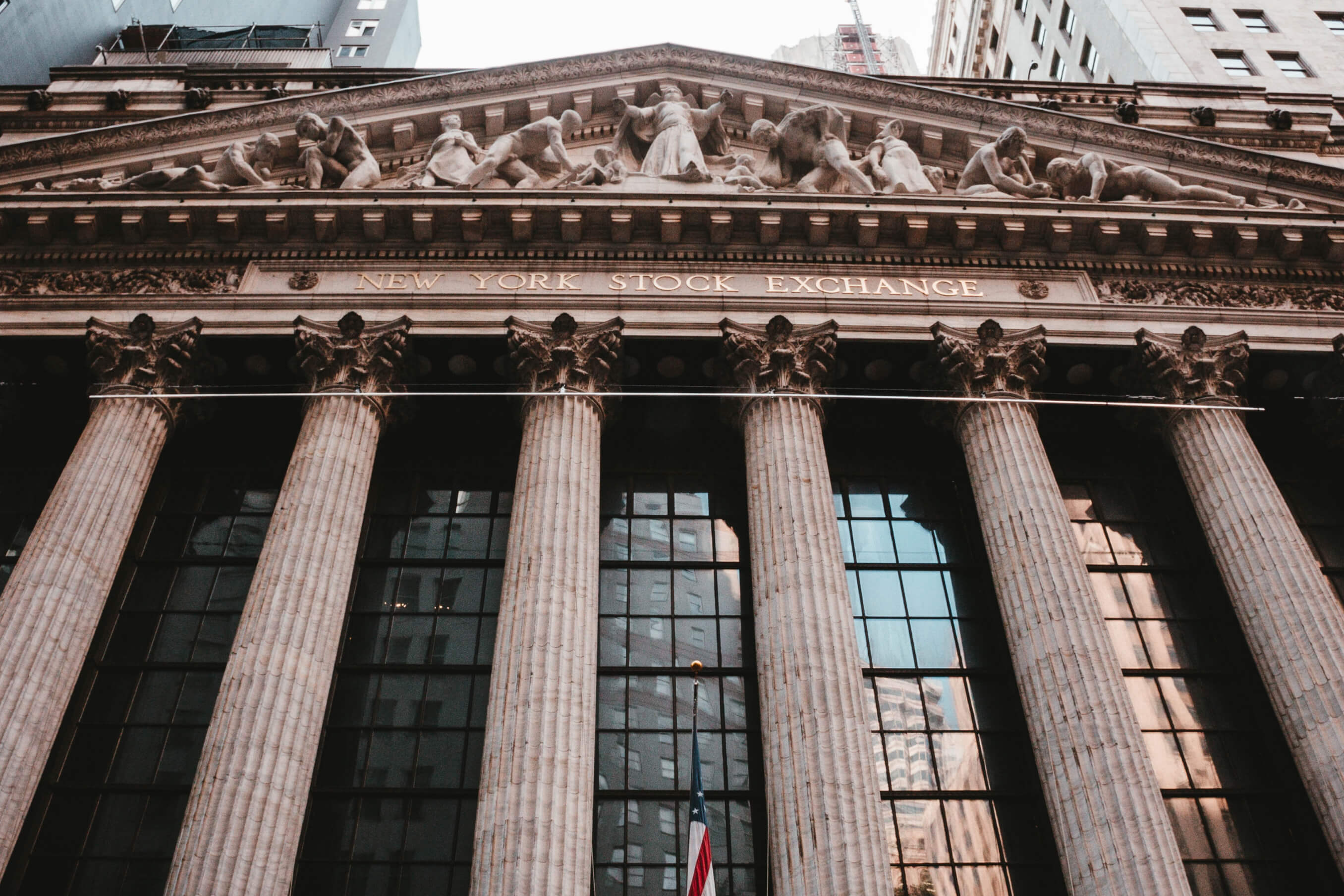Is the Bitcoin price really independent of the stock market?

Bitcoin was created as a decentralized currency that can function independently of the stock market. But is the Bitcoin price really independent of major indices like the SMI, Dow Jones, S&P 500, or NASDAQ? We will investigate this question to determine whether Bitcoin and other cryptocurrencies might serve as a hedge in the event of a stock market crash.
Do you remember the 2008 financial crisis? Back then, many people lost trust in the traditional banking system as the stock market crashed and a banking crisis followed. In response, was launched in 2009 as an independent alternative to the traditional financial system. Many investors saw Bitcoin as an opportunity to protect themselves from the turbulence of the stock markets and manage their investments without intermediaries. From that point on, many individuals began to engage with the economy themselves, exchanging ideas on platforms like Google Finance, Twitter, or Reddit.
Over time, a relationship began to form between Bitcoin prices and stock markets. You can observe that the Bitcoin price fluctuates when large individual stocks, such as UBS or Novartis shares, do the same. Let’s take a look at why this happens. First, let's briefly explore the main differences between the stock market and Bitcoin:
Stocks are ownership shares in a company. When you buy stocks, you become a shareholder of the company and benefit from its success. This means that if, for example, UBS shares increase in value, the company behind them also gains value. Bitcoin, on the other hand, is not backed by any asset or company. Therefore, Bitcoin has no intrinsic value. Its value is determined by supply and demand.
The stock market is regulated by government institutions, while Bitcoin is decentralized and not controlled by any central authority.
The costs of trading stocks on the stock exchange are relatively high. The transaction costs for cryptocurrencies are low.
Access to stock markets is controlled and time-restricted. Cryptocurrencies are accessible to everyone, everywhere, at any time.
In times of economic uncertainty, stock markets tend to fluctuate significantly. Investors are more inclined to buy gold. Have you ever heard the term "digital gold"? Bitcoin is often referred to as digital gold because, like gold, it has limited availability. The supply of the rare metal gold is finite, and similarly, Bitcoin has a cap of 21 million coins that will ever be in circulation. Both gold and Bitcoin can serve as a hedge against inflation since the market price of a limited asset tends to rise when the money supply increases. Moreover, gold has a long history of value stability over time. However, Bitcoin and other cryptocurrencies are still considered risky assets, and the Bitcoin price behaves accordingly.
Interestingly, though, Bitcoin has clearly outperformed gold in terms of returns over the last decade, from 2011 to 2021. Bitcoin rose by 70% by the end of 2021, while gold declined by 7%.
Is Bitcoin really that independent from the stock markets? For a long time, it seemed so when looking at the price of Bitcoin and the S&P 500 index, which tracks the 500 largest American companies. However, in recent years, Bitcoin has started to mimic the movements of the S&P 500. In 2018, for instance, inflation and interest rate fears caused the stock market to crash. In 2020, it was the COVID-19 pandemic. During these major downturns, the price of Bitcoin also dropped alongside the stock market.
Bitcoin and the stock market seem to correlate, partly because they are exposed to similar influences. One of these is the general state of the market and uncertainty: Economic instability, recession, high inflation, or geopolitical events increase concerns about the future. This fear can affect traditional financial systems and cause stock prices to drop. The opposite happens when the mood is positive.
Stock market crashes often lead to Bitcoin crashes as well, due to investor confidence. When crypto traders hear about a downturn in the stock market, they tend to act conservatively and sell, which drives the price of Bitcoin down.
Cryptocurrencies are a technological innovation and primarily interact with tech stocks. As the growth of stocks like Google, Amazon, Microsoft, and others has slowed down, investors see the next growth sector in cryptocurrencies like Bitcoin. The more large investors invest in Bitcoin and others, the higher the value rises. Regulation, such as investor protection or oversight by FINMA, can also promote acceptance. And the greater their adoption and value increase, the more likely cryptocurrencies will perform independently of the stock market once again.
Bitcoin is increasingly being considered as an alternative asset class by both small investors and large traditional institutions. As a decentralized digital currency with limited availability and high volatility, Bitcoin allows for diversification of one's investment portfolio. Diversification means spreading your assets across different asset classes to minimize risk or achieve higher returns.
Bitcoin, like gold, serves as a hedge during economic turbulence. Stocks, on the other hand, are considered long-term investments with relatively slow value changes, whereas Bitcoin is highly volatile, meaning it can quickly gain or lose value.
Today, in uncertain economic times with high , the traditional financial market is under pressure. Bitcoin can serve as a store of value and has the potential to rise in value as the acceptance and adoption of cryptocurrencies grow. This could lead to Bitcoin decoupling more from the stock market and acting as a safe haven investment.
The trend is moving in the right direction. The popularity and trading volume of Bitcoin have been rising for years. Interestingly, compared to stocks or gold, Bitcoin still accounts for only a small percentage of trading volume. This is despite the fact that its value growth has far outperformed other investment instruments in recent years.
Of course, there are no guarantees for further growth of Bitcoin in the future. However, it seems that there is still a lot of potential for cryptocurrencies like Bitcoin.
- Smartvalor: Bitcoin Traditional Assets
This article does not constitute investment advice or a solicitation to buy or sell digital assets or other financial instruments or to enter into any other financial transaction. The main purpose of this article is to provide general information. No representations or warranties, express or implied, are made regarding the fairness, accuracy, completeness, or correctness of this article or the opinions contained therein. Therefore, it is advisable not to rely on the fairness, accuracy, completeness, or correctness of this article or the opinions contained herein. Some statements in this article may contain forward-looking expectations based on our current views and assumptions. These statements are subject to uncertainties and may lead to actual results, performance, or events differing from the statements made in this article.
The Cryptonow Group and its subsidiaries, as well as any advisory or representative persons, cannot be held liable in any way for this article.
It is important to note that investing in digital assets carries risks as well as potential gains.
